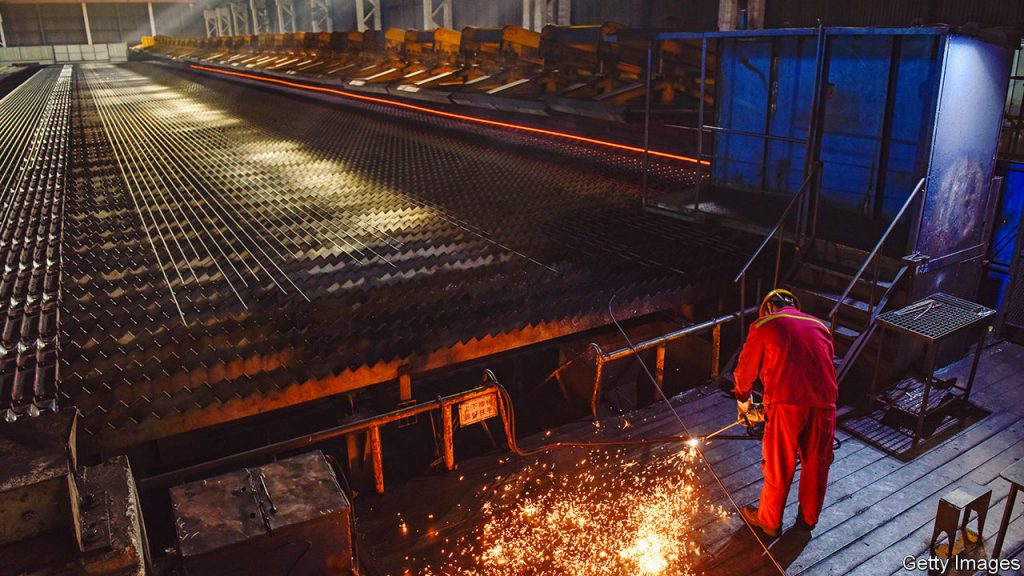Xi Jinping and the Coming Trade War
China, under Xi Jinping’s leadership, has a new focus: lithium-ion batteries, electric cars, and solar panels. Xi is banking on these technologies to be driving forces of the economy in the years ahead, and he is investing heavily to make it a reality. However, the potential economic impacts of these ambitions are not limited to China. The manufacturing export boom that could ensue has the potential to trigger a new trade war.
Xi’s fervent pursuit of manufacturing is a response to China’s struggling property market which has been dragging down the country’s economic growth. China’s 100 largest real-estate developers saw sales drop by 17% in 2023, with overall investment in residential buildings down by 8%. In response, state-owned banks are funneling cash to industrial firms while exporters have been instructed to ramp up production in exchange for pandemic-era tax breaks and special incentives for green industries.
This trajectory is raising concerns among Western policymakers, who remember the massive impact China’s emergence had on global trade in the previous decade. Back then, China’s exports surged by over 460% following its accession to the World Trade Organization, leading to accusations of dumping and creating tensions with affected industries in the rich world. The “China shock” was later linked to political events such as the election of Donald Trump in 2016, reflecting the societal reverberations of China’s expansion.
If Xi’s ambitions were to be fulfilled, the increase in China’s manufacturing output would be staggering. Analysts predict that China’s share of global manufacturing output could rise from 31% to 36% if it achieves its growth targets. This expansion is expected to be supported by China’s extensive capital investment, which far exceeds that of the United States.
However, this boom in manufacturing has consequences. China’s currency is depreciating, affecting its global competitors. Western politicians are also on high alert, with several countries launching probes and implementing tariffs on various Chinese goods. As a result, anti-dumping investigations are on the rise, with India imposing fresh duties on Chinese steel, and Mexico levying tariffs on Chinese imports.
China’s leadership now faces a dilemma. Industrial overcapacity and weak domestic demand are pressing issues. There may be no easy way out of this situation, and the potential consequences of these economic challenges are vast. Yet, the continued pursuit and expansion of China’s manufacturing sector might be key to revitalizing the economy and keeping it afloat in an uncertain market landscape.
It’s clear that China’s ambitions are not just a matter of domestic policy; they could have significant implications for the global economy. The interplay between a thriving manufacturing sector and the resulting trade tensions are issues that will likely define the next chapter of the global economy. For more expert insights and analysis on economic, financial, and market developments, consider signing up for our weekly subscriber-only newsletter, Money Talks, for an in-depth look at the biggest stories shaping today’s world.
Source link













